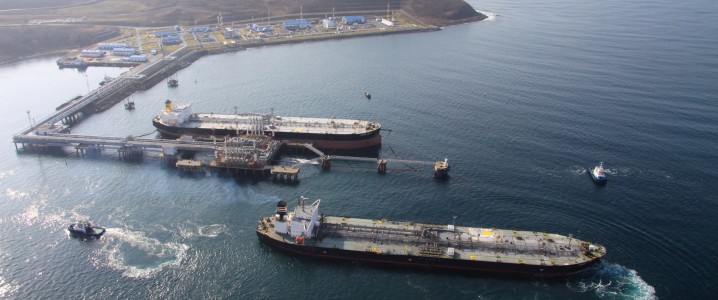Russian President Vladimir Putin has extended a ban on the sale of Russian oil and petroleum products to buyers that comply with the Western-imposed price cap, pushing the restriction through the end of 2025.
The decree, which first took effect in February 2023, prohibits Russian producers from exporting oil to foreign entities or individuals whose contracts include the $60 per barrel price ceiling set by the so-called Price Cap Coalition—primarily the G7 and EU nations. The goal of the Western policy was to keep Russian oil flowing to global markets while squeezing the Kremlin’s wartime revenues. Moscow has never bought into the logic.
Under the extended decree, any deliveries under price-cap-compliant contracts are banned unless personally approved by Putin. Russian companies must also ensure these conditions don’t trickle downstream—meaning they’re responsible for ensuring the cap isn’t quietly added later on by intermediaries or final buyers.
The price cap mechanism was first introduced in December 2022 as part of a coordinated sanctions effort. Western nations agreed to refrain from importing Russian seaborne oil–and from providing shipping, insurance, or financing services unless the oil was sold under the $60 ceiling. The idea was to limit Russia’s fiscal firepower without triggering a global supply shock.
But Russia retaliated by rerouting oil to countries like India and China—often at discounts, yes, but still outside the formal price cap structure. The Kremlin has called the price cap a “non-market” instrument, rejecting the notion that it can be enforced without undermining global trade rules.
With this extension, Moscow is digging in deeper. The decree sends a clear signal that Russia won’t play along with the West’s market engineering—and has no intention of letting price cap buyers tap into its barrels, even if it means losing some sales in the short term.
By Julianne Geiger for Oilprice.com
More Top Reads From Oilprice.com

